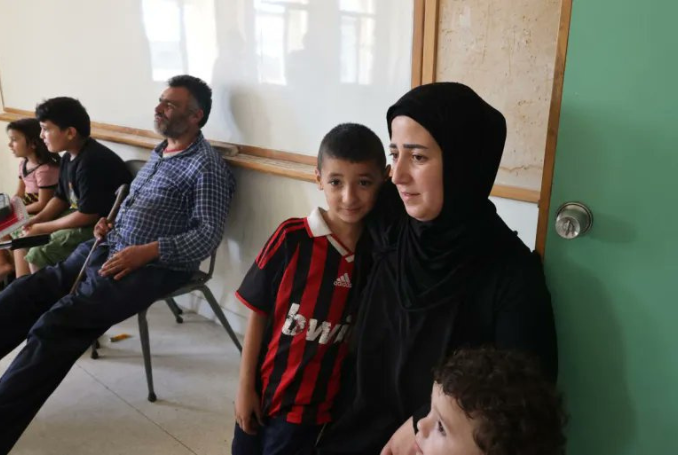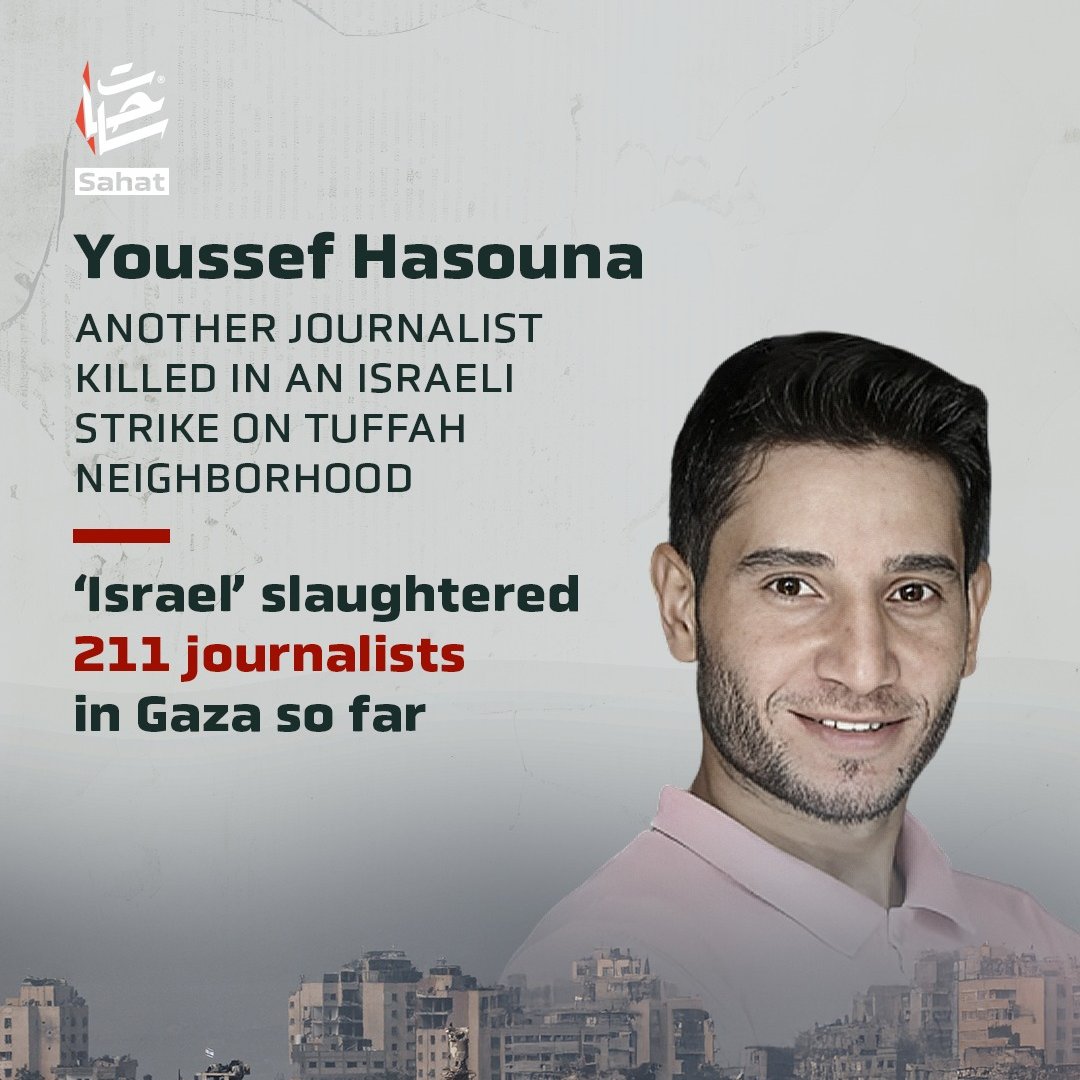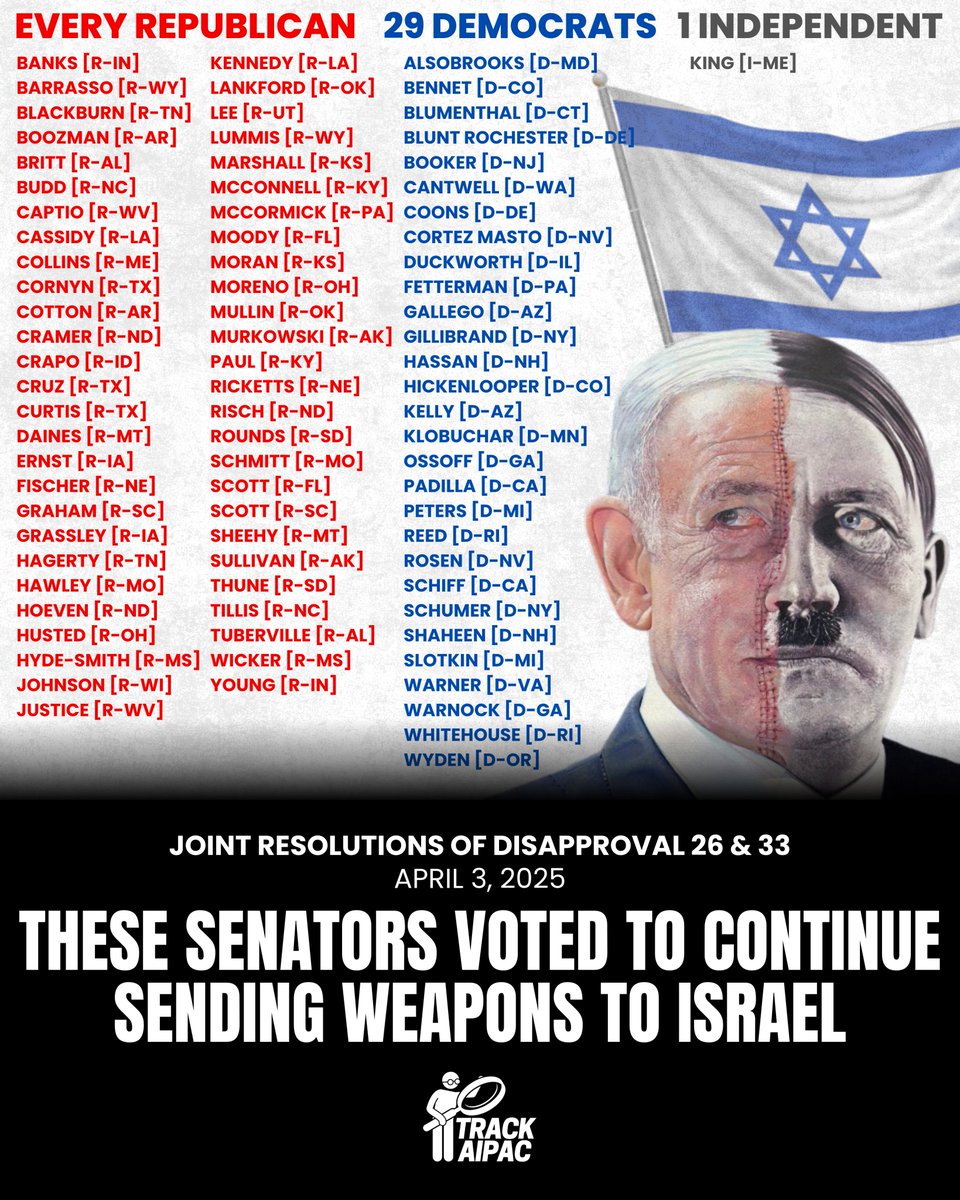
The average number of children killed per day in Lebanon this week is more than double the number of children killed per day during the country’s devastating 2006 conflict.
An estimated 400 children, or about 12 children per day, were killed during the 33-day 2006 conflict[1]. Now, 50 children were killed in a span of two days, on Monday and Tuesday of this week according to the Lebanese Ministry of Public Health. The ministry also expects that more children remain buried under the rubble of destroyed buildings across the country.
The escalation in recent days has killed and injured thousands, spurred mass displacement, caused extensive damage to infrastructure and instilled an unimaginable fear in the daily lives of people across the country.
“As this week continues the devastation mounts, piling tragedy upon tragedy,” said Edouard Beigbeder, UNICEF Representative in Lebanon. “The attacks on Lebanon are killing and injuring children at a frightening rate and devastating any sense of safety and security for hundreds of thousands of children across the country.”
The conflict comes on top of the already fragile situation for tens of thousands of families in Lebanon. The country has been impacted by a string of unrelenting crises in recent years, including the massive Port of Beirut explosion, the impact of the COVID-19 pandemic, and the fifth year of a crippling economic collapse that has sent poverty rates soaring.
A November 2023 survey conducted by UNICEF in Lebanon found more than 8 in 10 households had to borrow money or buy on credit to purchase essential grocery items, a 16 percentage point increase over six months. The same survey found that in the South Governorate, 46 per cent of households said their children were anxious and 29 per cent were depressed.
In the last 72 hours alone hundreds of thousands of people are estimated to have been displaced to host communities and over 70,000 people to shelters, according to the Lebanon Disaster Risk Management Unit. Before the intense military operations of this week, more than 111,000 people, including more than 39,000 children, had already been displaced from villages and towns in the south of Lebanon. It is most likely that they are being displaced for a second time now.
Amid the extensive damage to civilian infrastructure this week, water pumping stations constructed or rehabilitated by UNICEF in the Bekaa and South Governorates have been damaged, leaving 30,000 people with no access to clean drinking water.
In response to the rapidly deteriorating situation, UNICEF in collaboration with the government of Lebanon, has provided essential supplies to shelters, including thousands of bottles of clean drinking water, hygiene kits, education and recreation supplies for children, blankets and sleeping bags, personal hygiene items for women and girls, and nutrition supplies including supplements and baby food. UNICEF is also providing psychosocial support, including child protection services, education, and recreational activities at many shelters.
UNICEF has urgently initiated critical repairs on damaged water and sanitation facilities, dispatched 20 mobile health units to provide life-saving medical care and immunizations, and delivered 100 tons of emergency medical supplies to hospitals facing severe shortages and stock-outs.A further 25 tons of emergency supplies are due to arrive in Lebanon in the coming days and 53 tons are under procurement.
“The situation in Lebanon, already teetering on the brink, has moved from crisis to catastrophe. The suffering of children must stop,” Beigbeder continued. “The only way to do this is through an immediate de-escalation. A full-scale conflict would have a devastating impact on the country’s 1.3 million children.”
UNICEF urgently calls for all parties to uphold their obligations under international humanitarian law to ensure the protection of civilian objects and civilians, including children, humanitarian workers and medical personnel. This includes facilitating the safe movement of civilians seeking safety.
UNICEF remains committed to responding to the increasing needs. UNICEF requires $US39 million to implement its 2024 conflict response plan but has only received $US7.6 million to date. More funds are urgently needed to support the children of Lebanon during this dramatic escalation.






